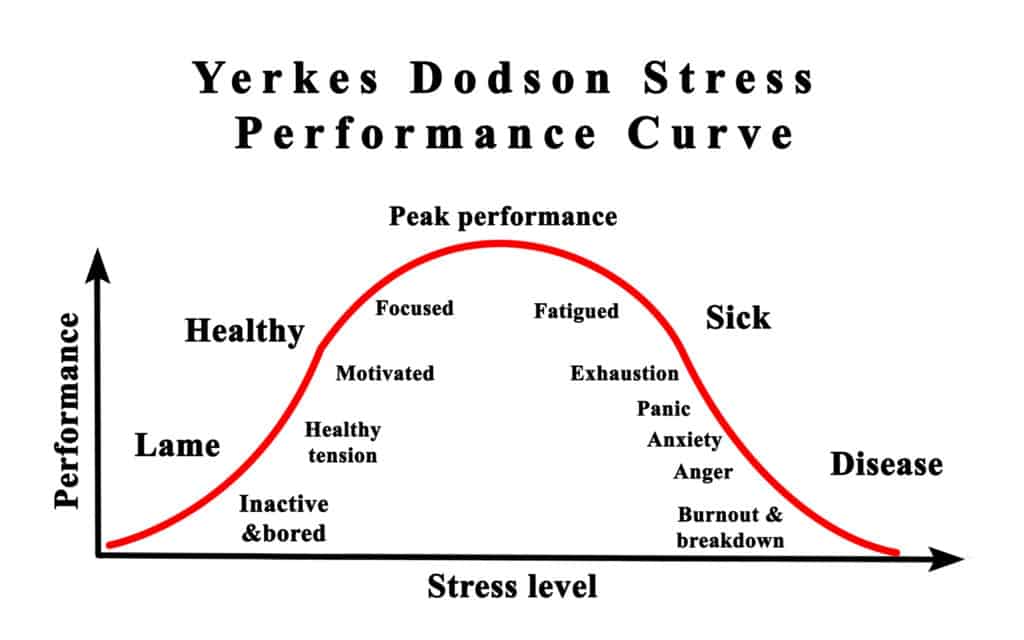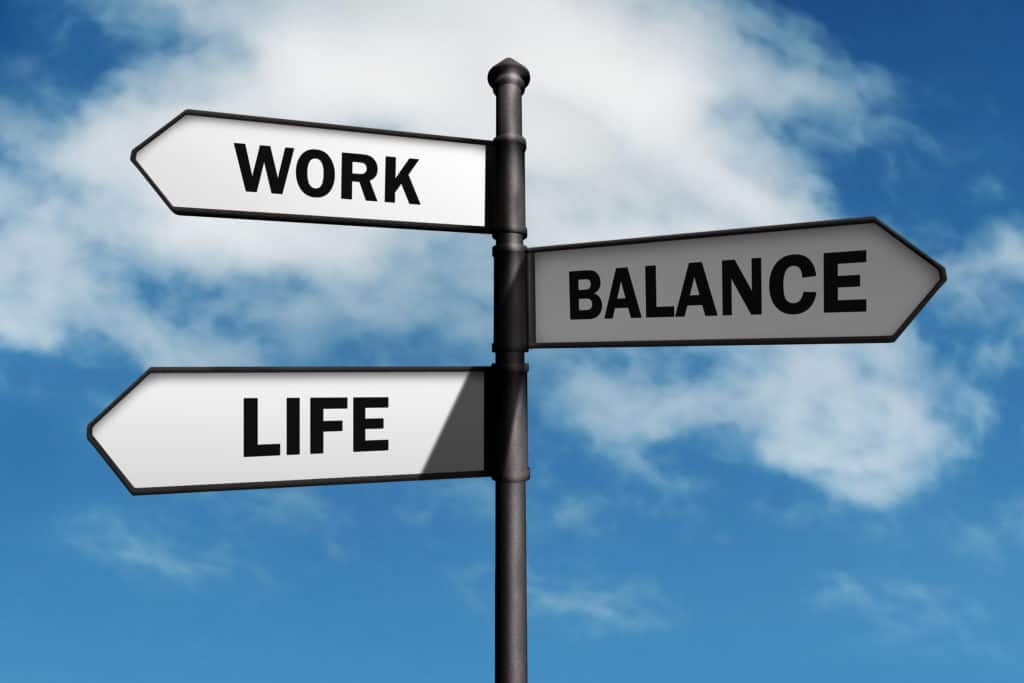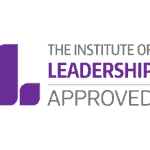
Burnout is an organisational problem, and cannot be passed off as overwork or too much pressure in other areas of life.
In 2022, the International Classification of Diseases (ICD), the World Health Organization’s handbook, recognises ‘burnout’ as an official diagnosis.
“Burnout is a syndrome conceptualized as resulting from chronic workplace stress that has not been successfully managed. Burn-out refers specifically to phenomena in the occupational context and should not be applied to describe experiences in other areas of life.” source: ICD-11
As burnout is an organisational problem it must be addressed at an organisational level.
Recognising burnout at work
The ICD-11 states that burnout is characterised by three dimensions:
- Feelings of energy depletion or exhaustion;
- Increased mental distance from one’s job, or feelings of negativism or cynicism related to one’s job; and
- A sense of ineffectiveness and lack of accomplishment.
This gives businesses a clear guide of what to look out for, however, two of these dimensions may not result in a supportive conversation. Let’s be honest, when faced with cynicism or ineffectiveness we tend to follow the performance management route, and not initiate a wellbeing discussion.
Are you aware of how pressure/stress and burnout are connected?

The Yerkes–Dodson law was developed by psychologists Robert Yerkes and John Dodson, and it identifies the relationship between pressure and performance,
The law dictates that performance increases with physiological or mental stimulation, but only up to a point. When there is an absence of pressure, or too much pressure, performance decreases.
There are three types of stress, which are defined as follows:
- Hypostress: the stress which is caused by boredom or lack of motivation – on the curve this is shown as inactive and bored
- Eustress: stress that is perceived as being positive or beneficial – on the curve this is shown as healthy tension, motivated and focused leading to peak performance
- Hyperstress: extreme stress or anxiety – on the curve this is shown as fatigued, exhaustion, panic, anxiety, anger, burnout and breakdown Source: Collins Dictionary
So there is a sweet spot that we all need to find that will help to raise our performance levels. The thing is, it’s personal to us all, so one person’s Eustress could be someone else’s Hyperstress! This means Managers must know their people, to ensure they understand how individuals in their team are affected by pressure, and they know how to get the balance right.
Symptoms of Burnout
There are various signs and symptoms of burnout that can be categorised as emotional, physical and behavioural.
Emotional signs:
- Feeling helpless, trapped or defeated
- Feeling detached/alone in the world
- Having a cynical/negative outlook
- Feeling overwhelmed
- Feeling powerless
- Feeling resentful and/or angry
Physical signs:
- Feeling tired or drained most of the time
- Regular headaches
- Tension
- Insomnia
- Exhaustion Nausea
Behavioural signs:
- Socially withdrawing at home and at work
- Procrastinating and taking longer to get things done
- Self-doubt
- Irritability
- Loss of motivation
- Detachment Neglecting personal needs
Cultures that support burnout
Given that burnout is an organisational issue, some organisations will be more prone to burning out their people, while others will know how to support individuals and maintain a healthy balance.
So how do you know which you work in? Take a moment to ask yourself the following questions:
- Do you work in a culture of fear?
- Do you work in a culture that celebrates over-work and over-achievement?
- Do you have a manager with healthy boundaries?
- Are you encouraged to use your full holiday entitlement spread throughout the year?
- Is your manager competent? i.e. are they good at resolving conflict? Initiating difficult conversations? Coaching for growth?
- Does your manager ask about your wellbeing, and show interest in your answer?
Psychological safety: the opposite of burnout?
Psychological Safety was first mentioned by Schein and Bennis in the 1960s, and was first defined as group phenomenon that reduces interpersonal risk. In the 1990s Dr Amy Edmondson categorised psychological safety as ‘the belief that one will not be punished or humiliated for speaking up with ideas, questions, concerns, or mistakes, and the team is safe for interpersonal risk taking.’
Research shows that high performing teams have a high level of psychological safety. There are four stages of psychological safety, which are:
- Inclusion Safety – team members feel safe and have a sense of belonging to the team. They are comfortable being themselves and do not feel the need to hide aspects of themselves from their colleagues. They feel like they are wanted and appreciated within the team.
- Learner Safety – team members are able to learn through asking questions and giving and receiving feedback. Team members are able to experiment, make and admit mistakes as they happen, and ask for help.
- Contributor Safety – team members feel safe to contribute their own ideas and make a difference. They do not fear embarrassment or ridicule, or feel that their ideas will be hijacked by others.
- Challenger Safety – members can question their colleagues and those in authority, they can challenge the status quo without fear or risk of retaliation.
It’s important to recognise these are stages, you cannot have stage 4, challenger safety without stage 1, inclusion safety. It stands to reason that if we work in a psychologically safe environment we will have far less risk of burnout among our people, and far greater performance and happier working environments for all.
How to ensure your workplace is fit for purpose

If we don’t have psychologically safe work environments we will constantly be running to stand still. We will have burnout, but we will also have ‘quiet quitting’ from those who are disengaged and doing just enough to get by, without burning out.
If we take the time to create working environments and cultures where everyone can thrive whilst delivering high performance, the organisation as a whole will benefit.
Promote inclusion and respect
To remove fear it is important to ensure everyone is seen and respected for who they are, and the talents they bring to the workplace.
Our approach to dignity at work encourages all team members to recognise the impact that behaviour and language can have in the workplace, whether intentional or not, it is possible to marginalise people by our thoughtlessness.
Train managers to identify the signs and start supportive conversations
Training is important so that your managers can recognise the signs, but also so they know how to respond in a supportive and helpful way.
Our three x half-day management skills programme is ideal for managers to begin to identify the signs of not coping, to build their skills to initiative supportive conversations for those in crisis, and to create an open culture where everyone can talk about mental health.
Upskill your managers to coach their people
Build skills within your management team to ensure they have empathy and understanding for everyone in their team.
Our 12-month Management Development Programme teaches your managers how to coach their people for greater performance, how to resolve conflict and manage change effectively. Throughout the 12-months we build your managers’ Emotional Intelligence, resulting in greater empathy, confidence and problem solving skills. We also embed coaching behaviours to ensure your managers are constantly helping your people to grow and develop.
Encourage, reward and celebrate self-care
I was recently on a course where we discussed how the word ‘selfish’ is perceived. It has such negative connotations, yet, when we are the good kind of selfish we have more resources and greater resilience to support others.
In my therapy work I was told ‘you cannot pour from an empty cup.’ Which basically means I have to resource myself fully before I can support others. Ensuring your people know how to resource themselves and how to have healthy boundaries will help to improve psychological safety at work.
Our six week Stress Management programme helps people build the skills to develop their resilience and build healthy balance into their lives
Increasing mental health awareness across your organisation will also result in good mental health outcomes.
We provide wellbeing assessment days where your people have a 20 minute 1:1 meeting with a therapist who assesses their level of wellbeing and can signpost them to appropriate support. This might be a call to your EAP provider, a conversation with their manager, a different perspective on an ongoing issue they are facing or additional 1:1 support.
We also provide MHFA England training courses including 2-day Mental Health First Aid training, which, when implemented as part of a wider commitment to supporting good mental health at work is a great resource to offer your people.
Prevention is better than cure.
Promote good working practices. Promote good living practices.
Call us today on 07880 776756 or email jacqui@yourpeoplepotential.co.uk



